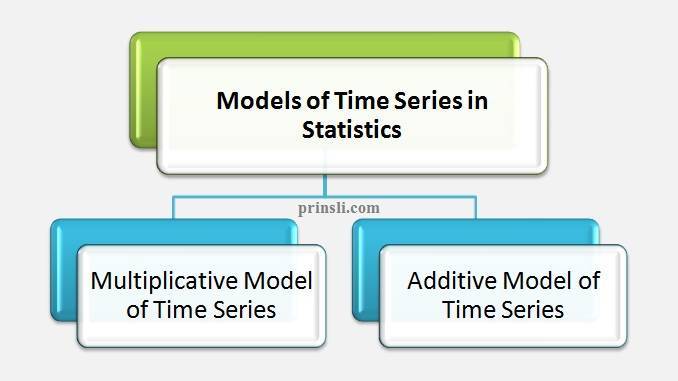
Importance of the Concept of Probability in Statistics –
The probability theory evolved from gambling-related games of chance such as throwing a die, tossing a coin, choosing cards from a pack of cards, and so on. Since its humble beginnings at the gambling tables in the 17th century, probability theory has been developed and applied to treat and solve many complex problems. Originating with games of chance, ‘probability’ today has become one of the tools of statistics. In fact, statistics and probability are so profoundly linked that it is difficult to discuss without an understanding of the meaning of probability.
Knowledge of probability theory makes it possible to interpret statistical results because many statistical procedures involve conclusions based on samples that are always affected by random variation, and we can express numerically the inevitable uncertainties in the resulting conclusions using probability theory.
Probability Theory is used to solve social, economic, political, and business difficulties. The insurance industry, which originated in the 19th century, needed precise knowledge about the risk of loss in order to calculate premiums. Within a few decades, many learning centers were researching probability as a technique for understanding social phenomena. The mathematical theory of probability has become the foundation for statistical applications in both social and decision-making studies, and the concept of probability has taken on a lot of significance in the modern world.
In reality, probability has become a part of our everyday lives. In personal and managerial decisions, when we are faced with uncertainty we apply probability theory, whether we realize it or not. We live in a world where it is impossible to forecast the future with absolute confidence, to paraphrase Levin. The study of and use of probability theory is prompted by our need to deal with uncertainty.
In many cases, as concerned citizens, we will have some knowledge about the possible results of a decision. We will be able to identify our assumptions, explain our thinking to others, and come to a more sound choice by organizing this information, and making a sounder decision than we could by using a shot-in-the-dark approach. Probability theory, in fact, is the foundation of statistical inference.
Probability theory has a significant role in daily living. Statistical analysis is based on the valuable concept of probability. In fact, the role played by probability in modern science is that of a substitute for certainty.
The importance of the concept of probability in statistics is given below –
1. It is the foundation of the classical decision procedures of estimation and testing. Probability models can be very useful for making predictions. Estimates and predictions form an important part of research investigation. With the help of statistical methods, we make estimates for further analysis.
Read Also – Sample and Sampling in Statistics
In other words, probability theory is very much helpful for making predictions. Thus, statistical methods are largely dependent on the theory of probability.
2. It has also immense importance in decision-making.
3. It is concerned with the construction of econometric models, with managerial decisions on planning and control.
4. It is concerned with the occurrence of accidents of all kinds and with random disturbances in an electrical mechanism.
5. It is involved in the observation of the life span of a radioactive atom, of the phenotypes of the offspring, the crossing of two species of plants, the discussion about the sex of an unborn baby, etc.
6. It has developed into an indispensable and crucial tool for all formal research including uncertainty.
7. The concept of probability is also used in all scientific investigations as well as in everyday life, not only applied in the business, economic and commercial world.
It should be noted that different sorts of scientific investigations as well as many problems of daily life also use the concept of probability. Whether or not we acknowledge or are aware of the use of something so sophisticated, it is not an exaggeration to state that probability has become a part of our daily lives.
Predicting the future with 100% certainty in any decision problem is still a dream. Probability theory provides a means of coping with uncertainty.
Ya-lun Chou has elegantly highlighted the importance of probability theory by pointing out that statistics, as a method for making decisions under uncertainty, is based on probability theory because probability is simultaneously the language, the measure, and the risk of uncertainty.
Before learning statistical decision procedures, one must have to know an understanding of probability theory.
(Source – Various Books of College Library)
Copyrighted Material © 2019 - 2024 Prinsli.com - All rights reserved
All content on this website is copyrighted. It is prohibited to copy, publish or distribute the content and images of this website through any website, book, newspaper, software, videos, YouTube Channel or any other medium without written permission. You are not authorized to alter, obscure or remove any proprietary information, copyright or logo from this Website in any way. If any of these rules are violated, it will be strongly protested and legal action will be taken.




Be the first to comment